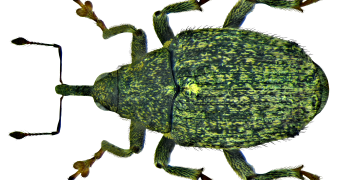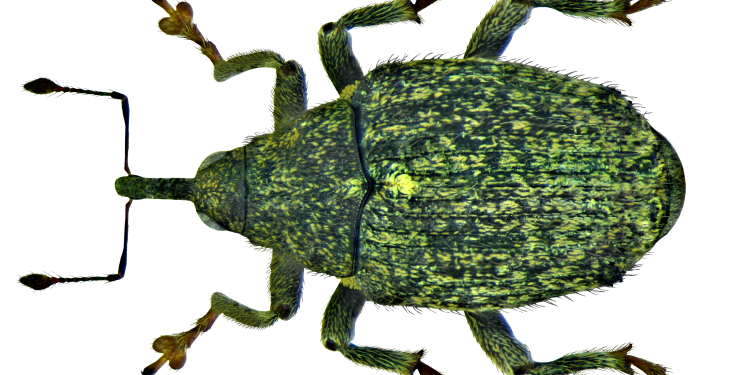#CanolaCropProtection #BiologicalControl #CulturalPractices #PestManagement
Cabbage seedpod weevil (Ceutorhynchus obstrictus) is a significant pest of canola and other cruciferous crops worldwide. The adult weevils feed on leaves, buds, and flowers, while the larvae feed on developing seeds within the pods. This can cause significant yield losses for farmers.
The development of effective control measures is essential to limit the damage caused by this pest. One method currently used is the application of insecticides. However, the use of insecticides can lead to the development of resistance in the pest, as well as harmful effects on non-target organisms.
One alternative control method that has shown promise is the use of biological control agents such as parasitoid wasps. These wasps lay their eggs in the weevil’s eggs or larvae, causing them to die. This method is environmentally friendly and has no harmful effects on non-target organisms.
Another approach to control the cabbage seedpod weevil is the use of cultural practices. This includes crop rotation, planting resistant varieties, and timely harvesting. These practices can reduce the weevil’s population and limit the damage caused by the pest.
In conclusion, the development of effective control measures for the cabbage seedpod weevil is crucial to maintain the yield of canola and other cruciferous crops. The use of biological control agents and cultural practices can be effective alternatives to insecticides. By using these methods, we can limit the damage caused by this pest while protecting the environment.































